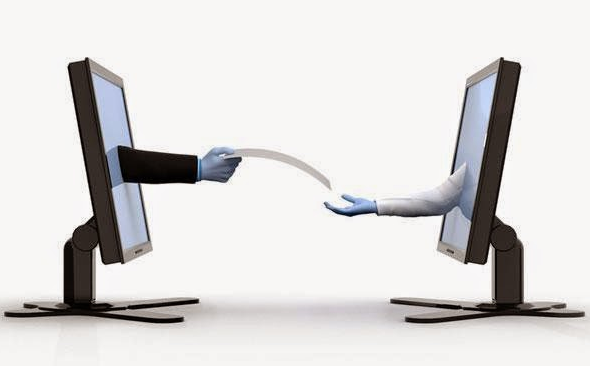Charity is often romanticized as the ultimate act of kindness—proof that we care about others. We praise philanthropists, celebrate large donations, and believe that giving money is the best way to make a difference. But beneath this feel-good narrative, an uncomfortable question remains: Are we really helping, or are we just making ourselves feel better?
Charity as a Social Performance
Giving to charity feels good. It provides an instant sense of accomplishment and moral superiority. We post about donations, participate in fundraisers, and wear wristbands that signal our support for a cause. But how much of this is about actually solving problems, and how much is about maintaining an image?
Consider how businesses and celebrities use charity:
- Corporate social responsibility campaigns often serve as PR tools rather than genuine attempts at change.
- Influencers promote charity drives, sometimes more for visibility than for real commitment.
- Billionaires donate fractions of their wealth while avoiding taxes that could fund systemic change.
This doesn’t mean charity is meaningless, but it does suggest that we should question our motivations. Are we giving because we truly care, or because we enjoy the recognition?
The "Quick Fix" Mentality
Another problem with modern charity is that it often seeks immediate impact rather than long-term solutions. People prefer to donate to causes with visible results, like building a school or providing meals. But real change requires structural reform, which is often less glamorous and much harder to achieve.
For example:
- Giving food to the homeless helps for a day, but what about policies that prevent homelessness in the first place?
- Sponsoring a child’s education is noble, but why aren’t we pushing for better public schools?
- Funding medical treatment is essential, but why is healthcare a privilege rather than a right?
Charity often treats the symptoms rather than the causes of poverty and inequality. This creates the illusion of progress while allowing broken systems to remain intact.
Who Decides Who Deserves Help?
One uncomfortable aspect of charity is that it allows donors to decide who is worthy of assistance. Unlike taxes or public services, which aim to distribute resources fairly, private charity operates on personal bias.
This means:
- Some causes get massive support, while equally urgent ones are ignored.
- Funding depends on emotional appeal rather than real needs.
- Help is inconsistent and unreliable, depending on trends and media attention.
When basic human rights depend on donations rather than policies, inequality is reinforced rather than eliminated.
The Power Imbalance in Giving
Charity often places donors in a position of power and recipients in a position of gratitude. While giving is framed as an act of generosity, it can also be an exercise in control.
Consider how:
- Aid organizations impose conditions on recipients.
- Large donors influence policies in ways that may not align with local needs.
- Some charities perpetuate dependency rather than empowerment.
True support should focus on enabling self-sufficiency, not just offering handouts that maintain an unequal balance.
Moving Beyond Charity
Charity is not inherently bad, but it is not a substitute for justice, policy change, or systemic reform. Instead of relying on generosity, we should ask:
- How can we create economic systems that reduce the need for charity?
- What laws can ensure basic needs like healthcare, education, and housing are met universally?
- How do we shift from temporary relief to permanent change?
Generosity is admirable, but it should not distract us from demanding a fairer society—one where charity is not a necessity, but a bonus.
Because real kindness isn’t about giving—it’s about fixing the reasons people need help in the first place.
